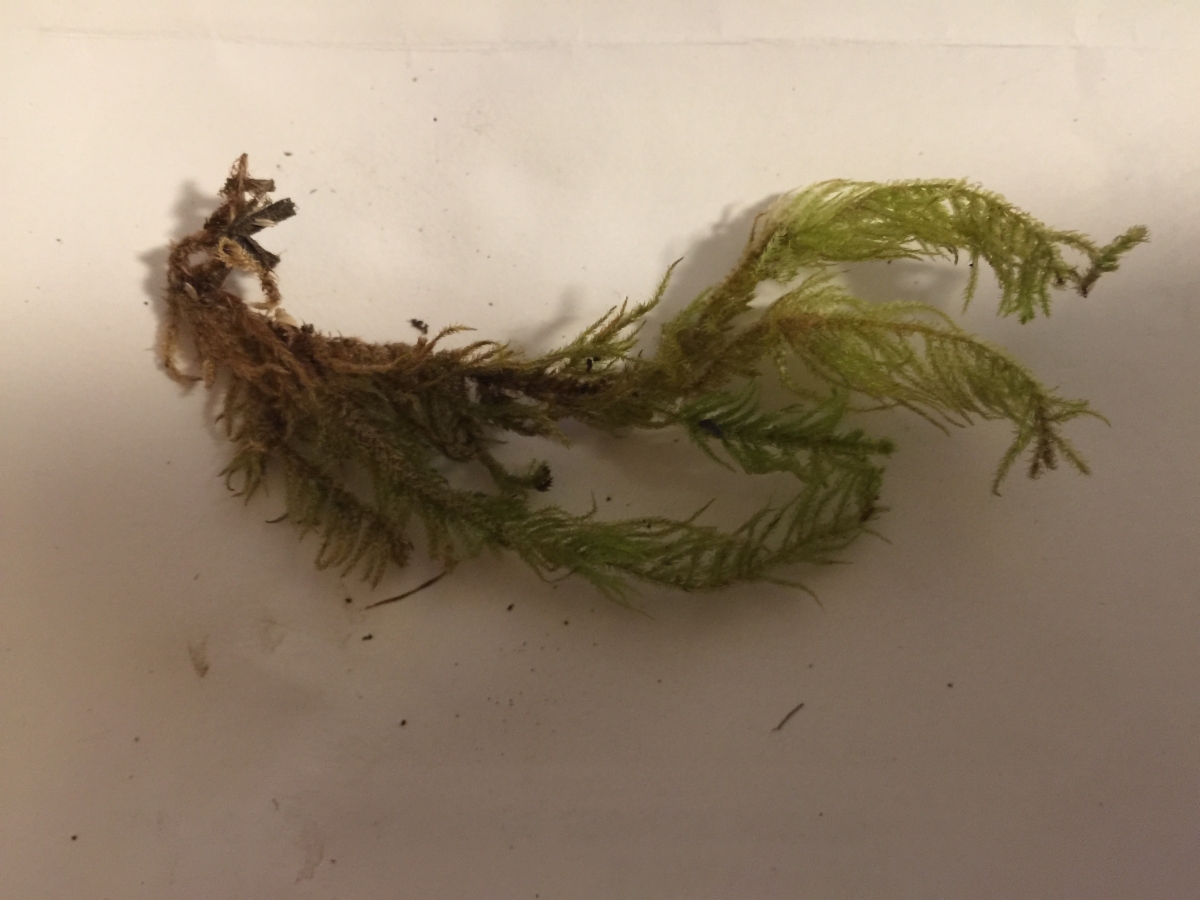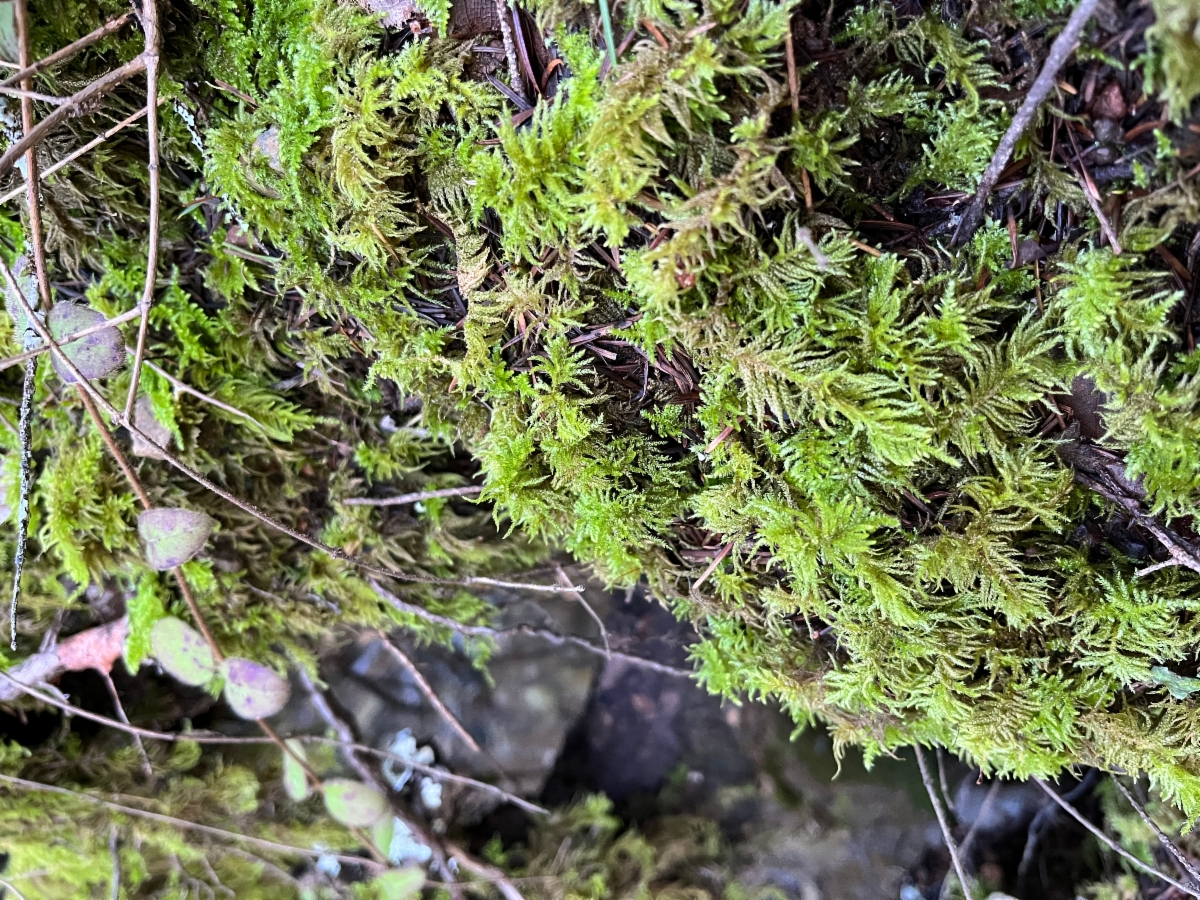
image from: http://thomasbancroft.photoshelter.com/gallery-image/Mosses-Liverworts-Lichens-of-Pacific-Northwest/G0000dtPgw15Sd9A/I0000lezD5BIc6v0
Introduction
In the vast and captivating world of bryophytes, one particular moss species stands out for its unique charm and ecological significance: Kindbergia oregana (Sull.) Ochyra, commonly known as Kindbergia. This unassuming yet remarkable member of the Brachytheciaceae

image from: https://www.flickr.com/photos/brewbooks/13652998175
family has captured the hearts of moss enthusiasts and naturalists alike, offering a fascinating glimpse into the intricate tapestry of life that thrives beneath our feet.
Background
Before delving into the intricacies of Kindbergia oregana, it’s essential to understand the broader context of bryophytes. These ancient and resilient plants, which include mosses, liverworts, and hornworts, have been around for over 400 million years, predating even the earliest vascular plants. They play a crucial role in various ecosystems, acting as pioneers in colonizing new environments and contributing to soil formation and moisture retention.

image from: https://www.calflora.org/app/taxon?crn=13951
Main Content
Morphology and Identification
Kindbergia oregana is a pleurocarpous moss, meaning its stems grow horizontally along the substrate. Its slender, creeping stems are adorned with delicate, feathery leaves that form intricate patterns reminiscent of miniature ferns. The leaves are ovate to lanceolate in shape, with a distinctive midrib running along their length. When viewed under a microscope, the leaf cells reveal a intricate network of hexagonal patterns, adding to the moss’s allure.

image from: https://www.calflora.org/app/taxon?crn=13951
Global Distribution and Habitat

image from: https://www.flickr.com/photos/adavey/28344673709/
This moss species is widely distributed across the Northern Hemisphere, thriving in temperate regions of North America, Europe, and Asia. It favors moist, shaded environments, often found growing on decaying logs, tree bases, and damp soil in forests and woodlands. Kindbergia oregana is particularly abundant in the Pacific Northwest region of North America, where it finds its ideal growing conditions among the lush, moisture-rich forests.

image from: https://www.flickr.com/photos/brewbooks/13653346204/
Ecological Roles and Adaptations
Despite its diminutive size, Kindbergia oregana plays a vital role in its ecosystem. As a pioneer species, it helps stabilize and enrich the soil, creating a suitable environment for other plants to establish themselves. Its dense mats act as sponges, absorbing and retaining moisture, which benefits not only the moss itself but also the surrounding flora and fauna.

image from: https://www.flickr.com/photos/brewbooks/13653347764
Moreover, Kindbergia oregana is remarkably resilient and adaptable. Its ability to withstand desiccation and rapidly rehydrate when moisture becomes available allows it to thrive in environments where water availability can be unpredictable. This adaptation has enabled the moss to colonize a wide range of habitats, from moist forests to drier, rocky outcrops.
Case Studies/Examples
In the Hoh Rainforest of Olympic National Park, Kindbergia oregana carpets the forest floor, creating a lush, verdant tapestry that adds to the enchanting atmosphere of this temperate rainforest. Its presence contributes to the overall biodiversity of the ecosystem, providing shelter and sustenance for a myriad of tiny invertebrates and microorganisms.

image from: https://www.inaturalist.org/guide_taxa/714137
Technical Table

image from: https://www.pinterest.com/pin/411938697144367070/

image from: https://www.flickr.com/photos/davidbadke/33523986436
| Characteristic | Description |
|---|---|
| Phylum | Bryophyta |
| Class | Bryopsida |
| Order | Hypnales |
| Family | Brachytheciaceae |
| Genus | Kindbergia |
| Species | oregana |
| Common Name | Oregon Kindbergia Moss |
| Growth Form | Pleurocarpous |
| Leaf Shape | Ovate to lanceolate |
| Leaf Cells | Hexagonal patterns |
| Habitat | Moist, shaded environments |
| Distribution | Northern Hemisphere (North America, Europe, Asia) |